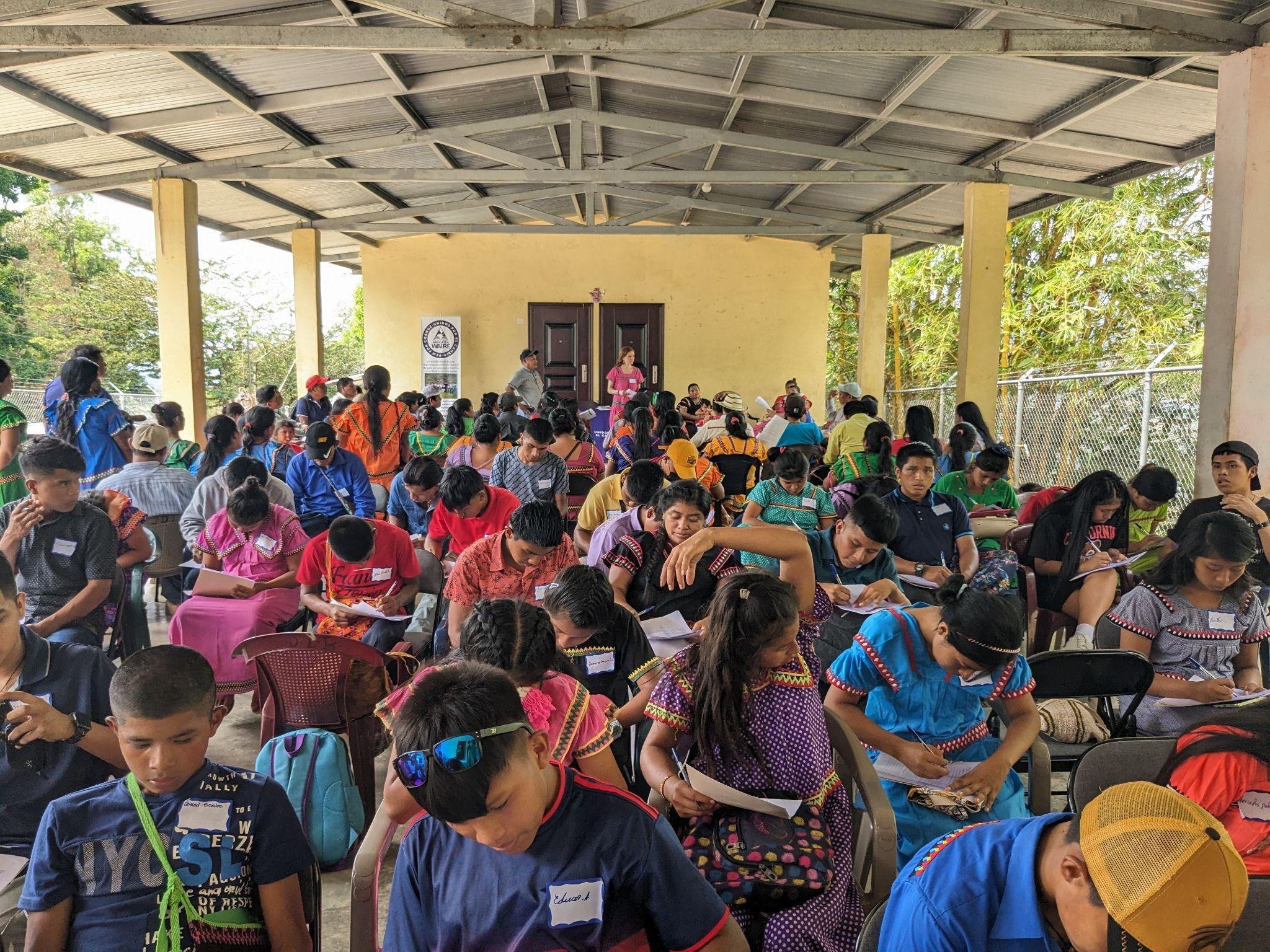According to a recent study conducted by Gallup and Healthways, Panama has earned the spot of “Happiest Nation on Earth.” The Gallup-Healthways Global Well-Being Index, conducted in 2013 and published in September of this year, is a product of 133,000 interviews in 135 regions across the world. It attempts to analyze a country’s well-being based on participants’ responses to a variety of questions. The study divides well-being into five distinct categories, shown below:
- Purpose: liking what you do each day and being motivated to achieve your goals
- Social: having supportive relationships and love in your life
- Financial: managing your economic life to reduce stress and increase security
- Community: liking where you live, feeling safe, and having pride in your community
- Physical: having good health and enough energy to get things done daily
Panamanians rated themselves highest in four out of the five categories: purpose, community, social, and physical well-being. Throughout the world, Panama had the highest percentage of people that considered themselves to be “thriving” in these aspects of life. Financial well-being was the only category where Panamanians were not one of the top 10 countries. Scandinavian countries - including Denmark, which is typically at the top of well-being lists - and other northern European countries took the top 7 spots in the financial well-being category.
The subjectivity of the study points out interesting cultural differences in values and perceptions of well-being. Interestingly, six of the top 10 countries in the Gallup-Healthways poll are located in Latin America, with Panama’s neighbor Costa Rica filling the number 2 spot. In the Gallup-Healthways poll, it is thought that Panama’s strong and growing economy, low 4.5% unemployment rate, and development are contributing to its citizens’ high scores. Additionally, familial ties and a connection to nature are attributed to Panamanians’ perceptions of well-being. Laura Montenegro, a cultural attaché for the country, says: “Family bonds are very strong here, and on Sundays everyone still gets together. So even when people are struggling they don’t feel alone. We have a very beautiful landscape too and even in Panama City you never feel too far from nature.”
Meanwhile, in the 2013 World Happiness Report conducted by the UN’s Sustainable Development Solutions Network, another study that ranks well-being, Denmark, Norway, Switzerland, the Netherlands, and Sweden garnered the highest rankings. These results are more typical of such international surveys of satisfaction. This survey, which was also conducted by Gallup, considered different variables: real GDP per capita, healthy life expectancy, having someone to count on, perceived freedom to make life choices, freedom from corruption, and generosity.
In both cases, the studies reveal that factors beyond financial stability, like quality interpersonal relationships, play an important role in perceptions of well-being. Further research on a national scale would be interesting to examine regional differences in the perception of well-being throughout Panama. In the Comarca Ngäbe-Buglé, for example, where the poverty rate are is over 90%, our experiences have shown us that other measures of well-being can transcend such circumstances. Despite the systemic poverty pervasive in the region, the communities that we work with are filled with kind, happy, generous, and hard working people. As evidenced by the scholars we support, the Ngäbe are positive people with strong familial and community bonds that are determined to improve well-being for their families and the Comarca.
Resources:
Khaleeli, Homa. “World’s happiest country: how did Panama overtake Denmark?” September 17, 2014. http://www.theguardian.com/world/shortcuts/2014/sep/17/worlds-happiest-country-panama-overtake-denmark
Lee, Kyu. “World Happiness Report 2013.” September 9, 2013. http://unsdsn.org/resources/publications/world-happiness-report-2013/
Painter, Kim. “USA is 12th, Panama 1st in global well-being poll.” September 16, 2014. http://www.usatoday.com/story/news/nation/2014/09/16/global-well-being-poll-panama/15679637/
“Report of the Special Rapporteur on the rights of indigenous peoples, James Anaya, on the situation of indigenous peoples’ rights in Panama.” United Nations Office of the High Commissioner on Human Rights. http://www.ohchr.org/EN/HRBodies/HRC/RegularSessions/Session27/Documents/A-HRC-27-52-Add1_fr.doc
Standish, Melanie and Dan Witters. “Country Well-Being Varies Greatly Worldwide.” Gallup, Inc. September 16, 2014. http://www.gallup.com/poll/175694/country-varies-greatly-worldwide.aspx
Images:
“Gallup-Healthways Well-Being Index.” Healthways International. http://info.healthways.com/wellbeingindex
“Country Well-Being Varies Greatly Worldwide.” Gallup, Inc. September 16, 2014. From: Gallup-Healthways Well-Being Index. http://www.gallup.com/poll/175694/country-varies-greatly-worldwide.aspx














